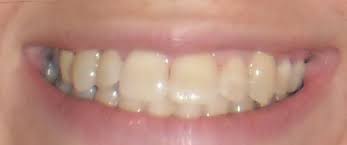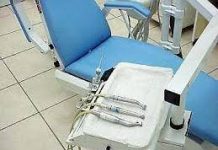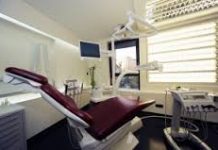Orthodontic treatments.
Orthodontic devices and techniques to straighten teeth have been improved a lot over the past 40 years, so that, nowadays, many different treatments are available for patients of any age. Most of all, it seems that because of the rising number of adults that requires orthodontic treatments, clear braces are gaining more and more ground.
Adult braces.
Traditional orthodontic braces are made up of stainless steel and are applied during childhood to straighten teeth, enlarge the arches and increase the space for the teeth, correct bite misalignment. If possible, this procedure is usually fulfilled when the bones and the teeth are more soft and prone to be moved, but today more and more adults ask for this treatment, as they become aware of the importance of the topic.
Indeed, beyond the aesthetical point of view, that is still very critical, straight teeth mean a better oral health and have good consequences on many aspects of ordinary life. They improve chewing and speaking; straight teeth are easier to clean, so bacteria, plaque and food are less prone to sneak among them and create a sediment; this leads to less gum disease and dental cavities. Moreover, there can be a decrease in the traumatic wear that can result from teeth that do not fit together properly and a reduction of the stress placed on the jaw joint.
Dental braces consist of two parts: brackets, squares applied directly on the surface of the tooth, and wires, attached on brackets; braces slowly move the teeth and the jaw bones in the proper position and are used on people who have severe misalignment or crowding teeth. Today, advances in bonding techniques allow the use of braces bonded directly to the teeth, so that there is much less of metal in the mouth, but more natural-colored alternatives are also available.
Braces for adults.
The most common solutions, especially for adults, are ceramic braces and lingual braces. The first have tooth-colored or clear brackets, and also use tooth-colored wires, so are very less noticeable. On the contrary, ceramic braces can be expensive and fragile, and can stain if patients don’t follow a proper dental care.
Lingual braces are the same as traditional metal braces, but the brackets and wires are placed on the inside of teeth; these braces are quite expensive and not appropriate for many cases.
Clear braces. Other solutions.
There are several alternatives for those who want clear braces that are useful in adulthood without being too visible; thanks to technological developments the new materials are more durable, and efficient as metal devices.





